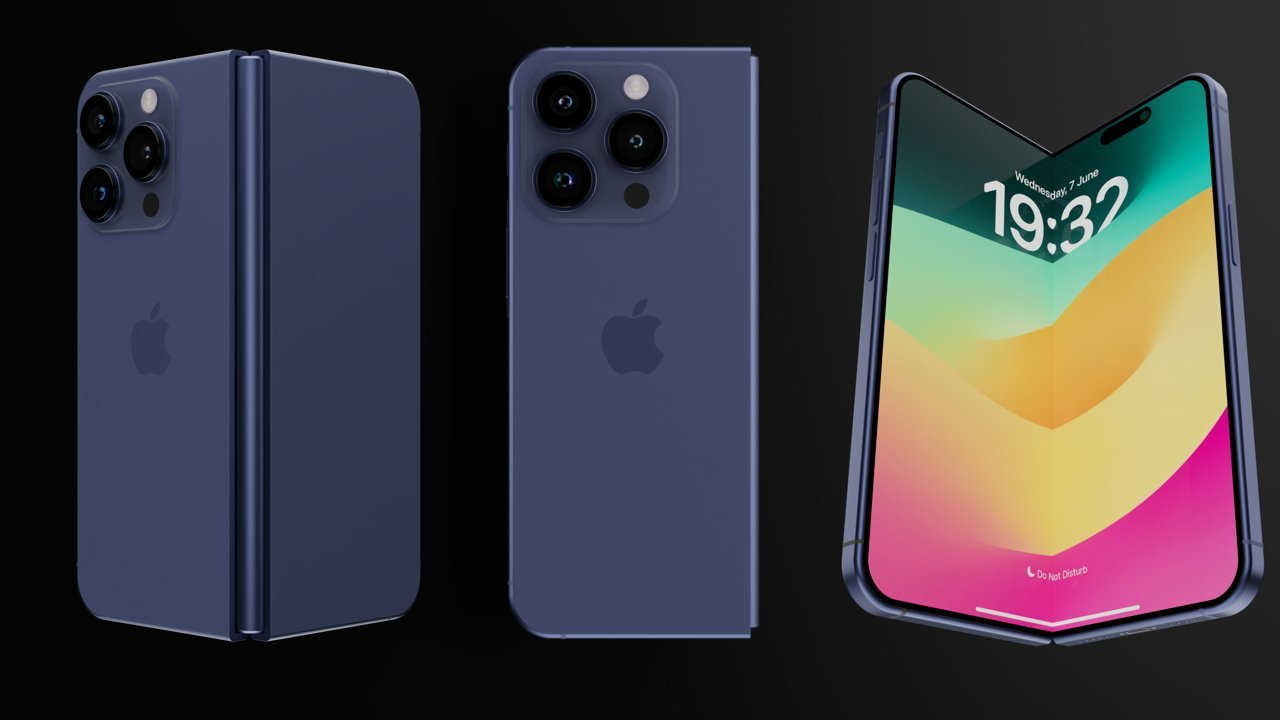
iPhone fold report resurrects decade-old liquid metal component rumor
- 21.03.2025 17:55
- appleinsider.com
- Keywords: liquid metal, hinge
Apple is reportedly using liquid metal for the hinges of its foldable iPhone to reduce screen creasing. The company is collaborating with Dongguan Yian Technology, which could see significant revenue growth from this partnership. While Apple has explored liquid metal applications before, this marks a notable step in integrating it into core device components.